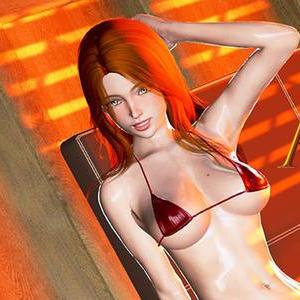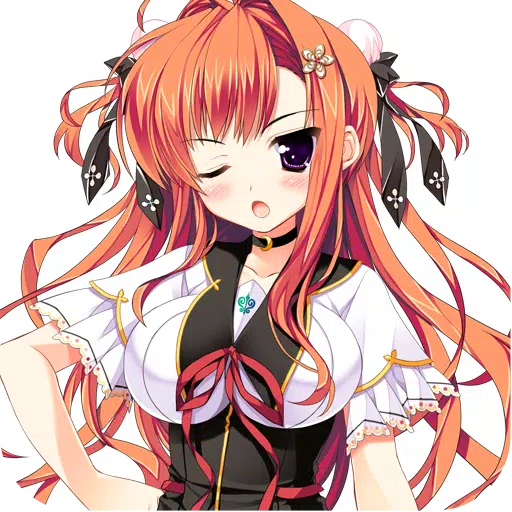Don't Wait For Fable, Play Fable 2 Instead
Hidden within this week's Xbox Podcast was exciting, albeit bittersweet, news about Playground Games' Fable. A rare glimpse of gameplay was revealed, but unfortunately, accompanied by a delay. Initially slated for release this year, Fable is now scheduled for 2026.
While delays are rarely welcome, they often signal a commitment to quality. Hopefully, this extra time will allow Fable's richly detailed world to truly flourish. In the meantime, there's no better way to bridge the wait than by revisiting the Fable series, specifically Fable II, a standout entry that deserves another look.
Fable II, even by today's standards, remains remarkably unique. Compared to contemporaries like Fallout 3 and early BioWare 3D RPGs, its vision stands apart. While featuring a traditional campaign structure with a linear main story and side quests, its RPG systems are surprisingly streamlined. This accessibility makes it perfect for players intimidated by complex stat systems found in games like Oblivion or Neverwinter Nights.
Only six main skills govern attributes like health, strength, and speed. Weapon damage is the sole combat stat, simplifying the experience. Combat itself is more swashbuckling than intricate, enhanced by creative spellcasting (like the amusing Chaos spell). Even death carries a minor XP penalty, removing much of the typical RPG grind. In short, Fable II is the ideal RPG for newcomers to the genre.
In 2008, Oblivion's vast world might have felt overwhelming, but Fable II's Albion offered a more manageable experience. Its smaller, interconnected maps allowed for easy exploration. With a helpful canine companion, players could easily discover hidden treasures, caves, and challenging Demon Doors, creating a sense of scale and adventure that belies the game's actual size. Albion's geography, while restrictive, guides players along linear pathways, focusing the experience rather than encouraging aimless wandering.
Albion, as a physical space, might not compare to the expansive worlds of BioWare's Infinity Engine games or Bethesda's Morrowind. However, judging it against modern RPG expectations is unfair. Fable II prioritizes a vibrant, bustling world over sheer geographical size. Viewing it through the lens of The Sims reveals its remarkable social simulation.
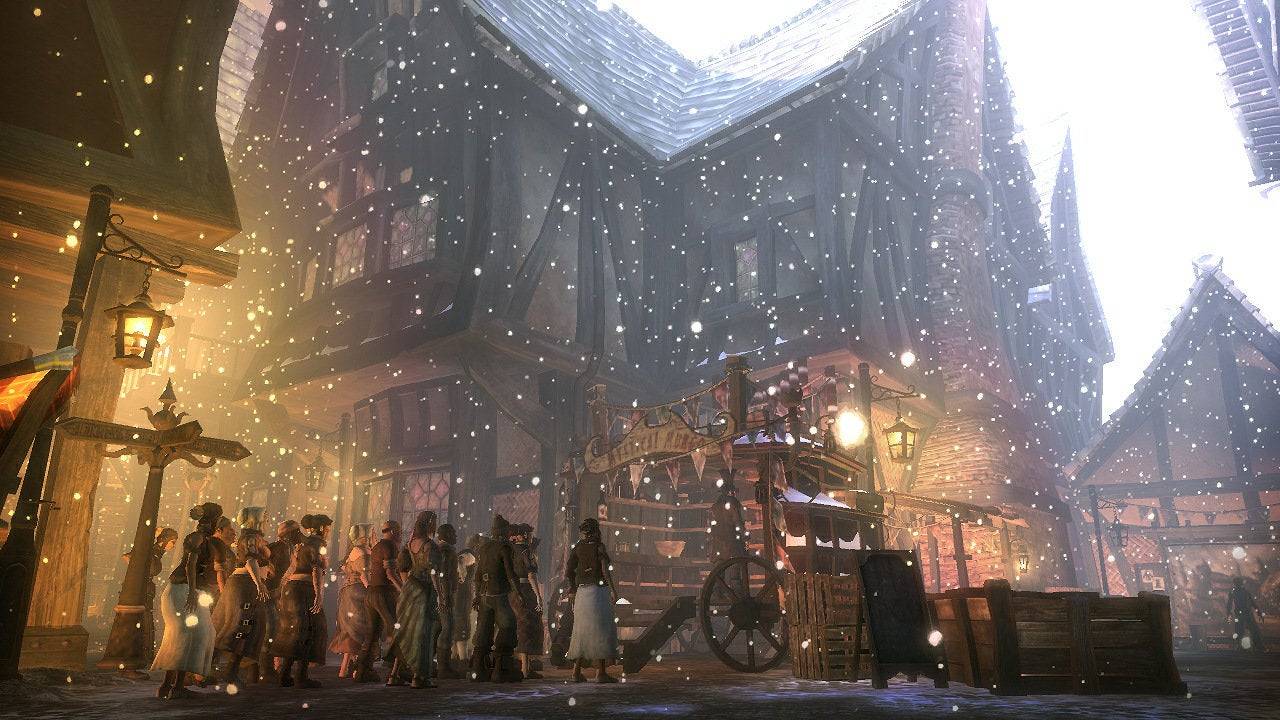
Albion functions like a complex, organic system. Its citizens follow daily routines, reacting to events and time of day. Like Sims, each citizen has individual traits and motivations. Through a range of gestures, players can interact, influencing their relationships. A well-timed fart might amuse pub patrons, while mocking children might lead to parental intervention. Fable II truly delivers on the promise of a reactive world and believable NPCs.
While players are destined for heroic adventures, Fable II is most engaging when integrated into its society. Players can purchase and manage properties, engaging in activities like woodcutting and blacksmithing. They can woo NPCs, forming relationships and even starting families. While individual elements might seem artificial, the combined effect creates a genuine sense of life.
A well-timed fart might amuse pub patrons.
Few RPGs have replicated this level of social interaction. Even Baldur's Gate 3 lacks Fable II's organic romances and property market mechanics. However, a similar approach is seen in Red Dead Redemption 2. Rockstar's game features highly responsive NPCs who react believably to player actions. The interaction system feels like a refined version of Fable II's gestures, allowing players to influence relationships. Meaningful interactions might even lead to future rewards, highlighting the game's long-term consequences. If Playground Games' Fable aims to stay true to its roots, Red Dead Redemption 2 should serve as a modern touchstone, rather than contemporary tabletop RPGs.
Other key elements need preservation. Fable's British humor, witty satire, and a memorable cast of characters are crucial. Playground seems to be on the right track, with Richard Ayoade and Matt King already involved. But perhaps most important is Lionhead's approach to good and evil.
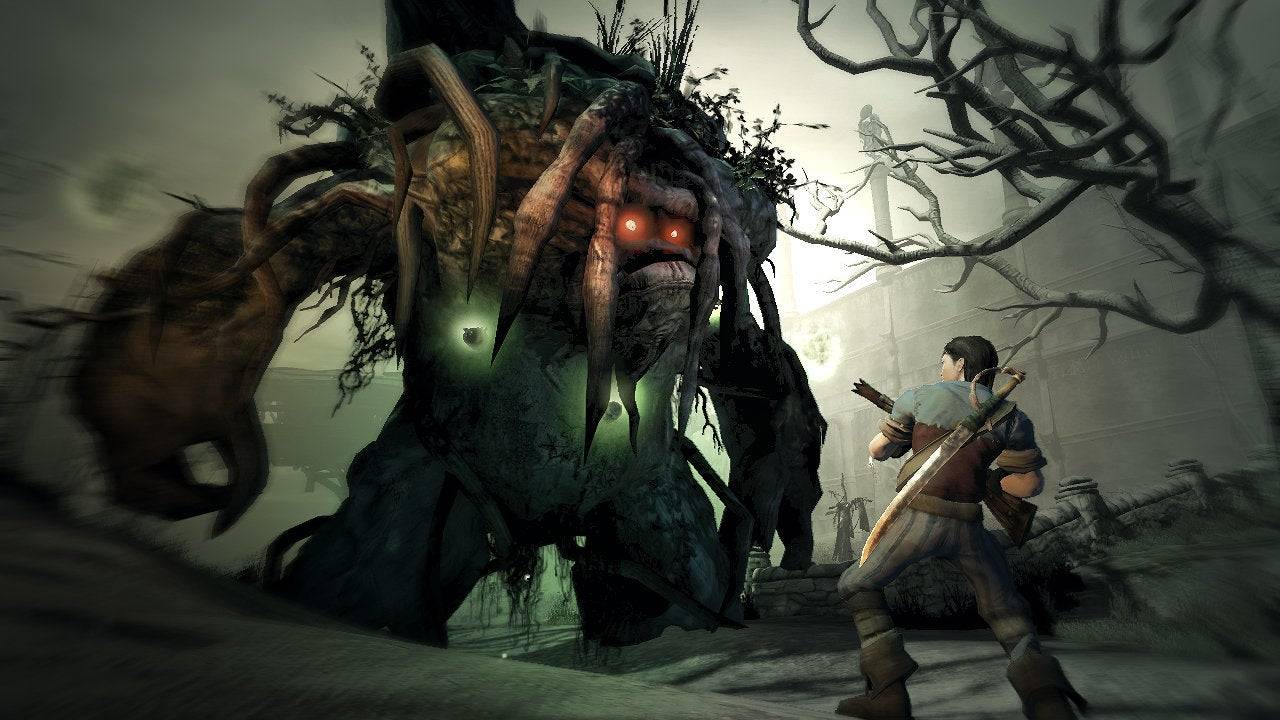
Peter Molyneux, founder of Lionhead, has a fascination with the binary nature of good and evil. This was central to Black & White and continued throughout his career. However, Lionhead's approach differs from the nuanced choices in The Witcher or BioWare games. Fable II embraces extremes, offering stark choices between angelic and demonic paths. An early quest exemplifies this—either help a trader or destroy his goods. Later, a ghost might request revenge on his former lover, forcing a choice between torment and marriage.
Modern RPGs emphasize complex moral choices, exploring a spectrum of human behavior. Fable II, however, thrives on its binary system. It allows players to become either the most heroic hero or the most heinous villain. The sequel's quests and reactive world allow actions to shape reputation and alignment. Moral choices often feel underwhelming when resources are spread thinly, but Fable II's focus on extremes makes truly evil choices feel impactful.
It remains to be seen if Playground Games will capture this aspect of Fable. The recent gameplay footage offered little insight beyond a mandatory chicken kick. However, the brief glimpses of a detailed world, a less restrictive open world, and a dense, lively city suggest a commitment to the social simulation that makes Fable II unique.
The wait for the new Fable is a year away, but revisiting Fable II is a worthwhile endeavor. It highlights the series' unique charm and underscores the importance of retaining its eccentricities. The new Fable shouldn't be a Witcher or Baldur's Gate clone, but a true successor to the original, preserving its quirks and humor.
-
1

Top Streaming Platforms for Live Sports in 2025
Jun 18,2025
-
2

GTA 6 Set for Fall 2025 Release, CEO Confirms
Apr 03,2025
-
3
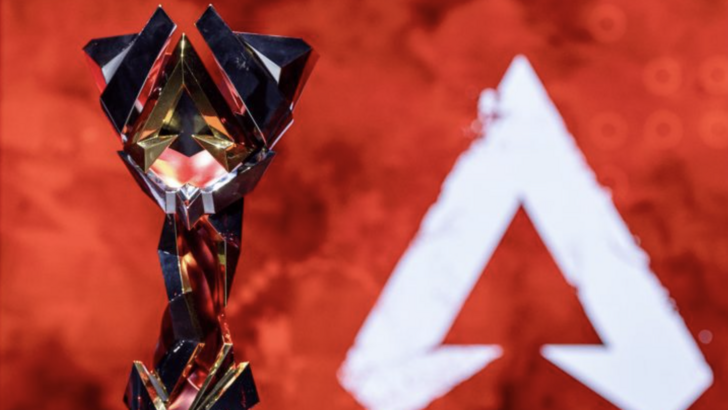
First ALGS in Asia Emerges in Japan
Jan 19,2025
-
4
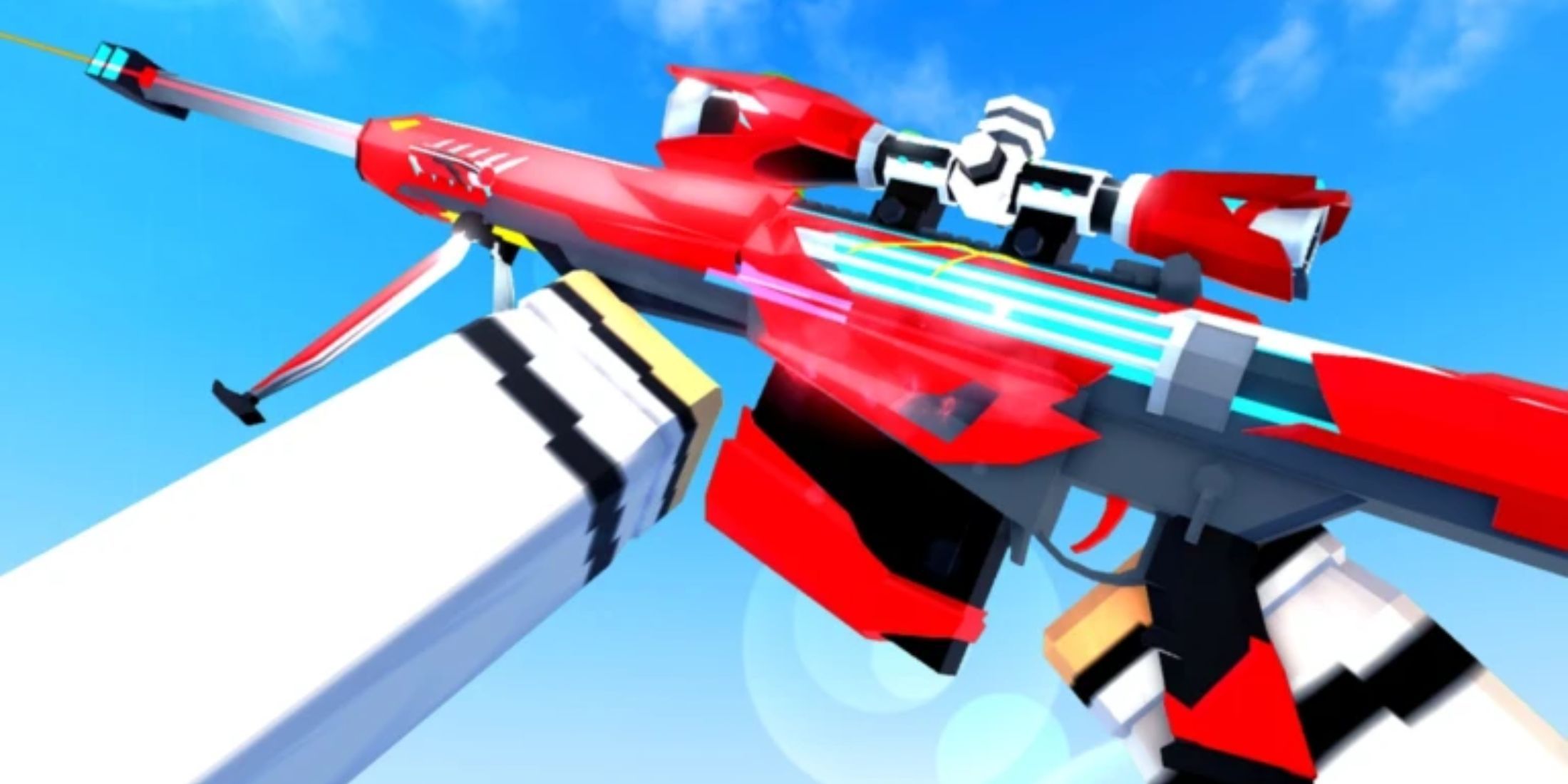
Roblox: CrossBlox Codes (January 2025)
Mar 04,2025
-
5
![Roblox Forsaken Characters Tier List [UPDATED] (2025)](https://img.jdzca.com/uploads/18/17380116246797f3e8a8a39.jpg)
Roblox Forsaken Characters Tier List [UPDATED] (2025)
Mar 05,2025
-
6
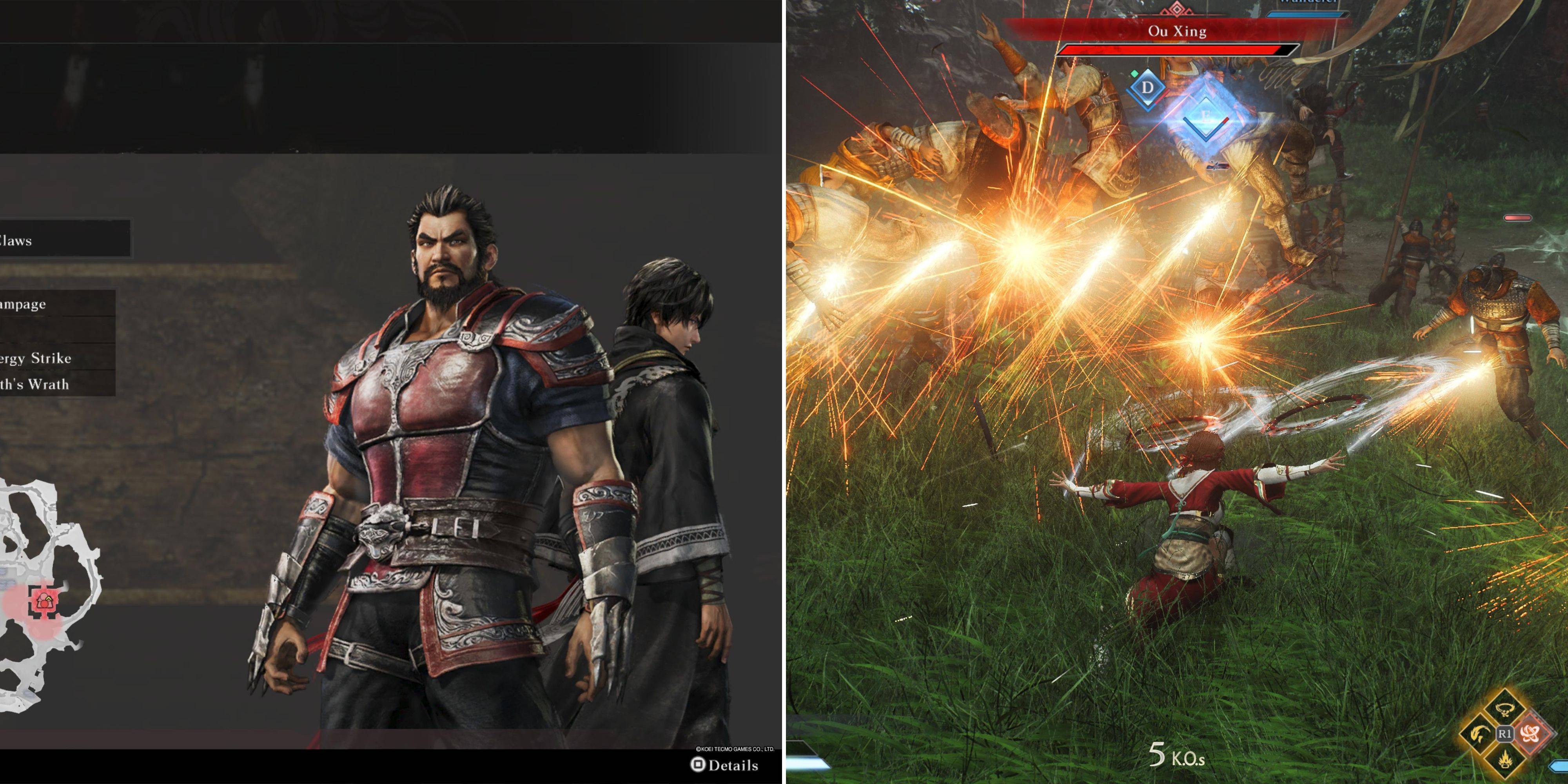
Introducing the Ultimate Guide to Seamless Character Swapping in Dynasty Warriors: Origins
Feb 25,2025
-
7
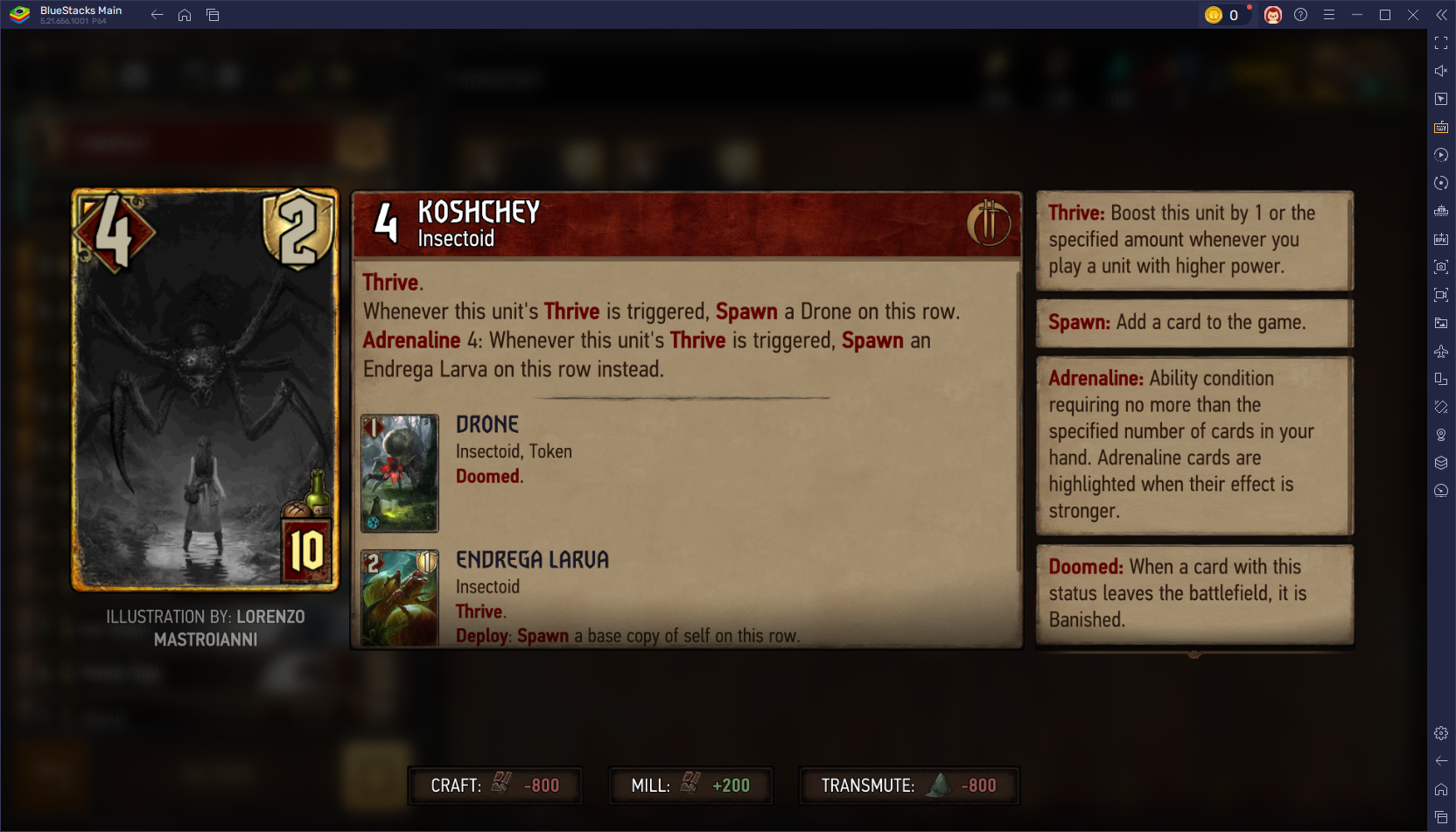
Gwent: Top 5 Witcher Decks (2025 Update)
Mar 13,2025
-
8
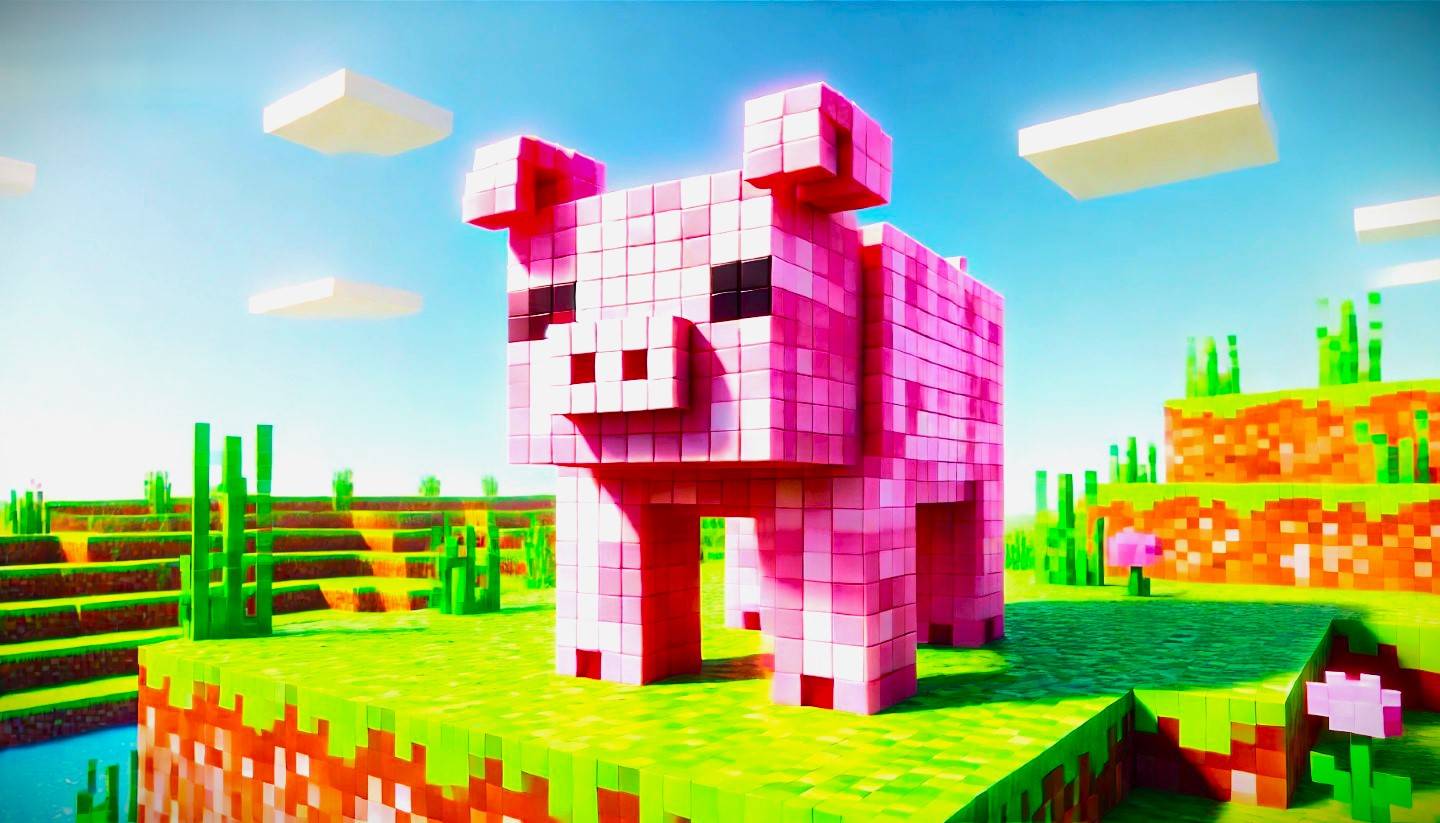
Cute mobs in Minecraft: pink pigs and why they are needed
Mar 06,2025
-
9
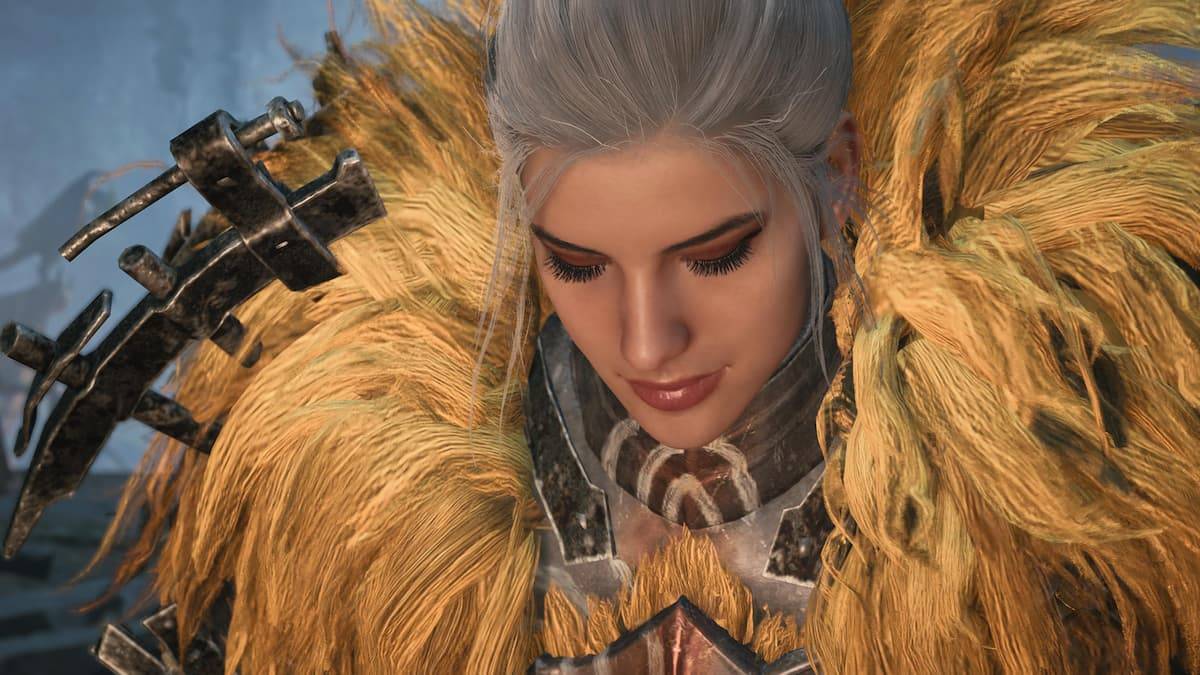
Max Hunter Rank in Monster Hunter Wilds: Tips to Increase
Apr 04,2025
-
10
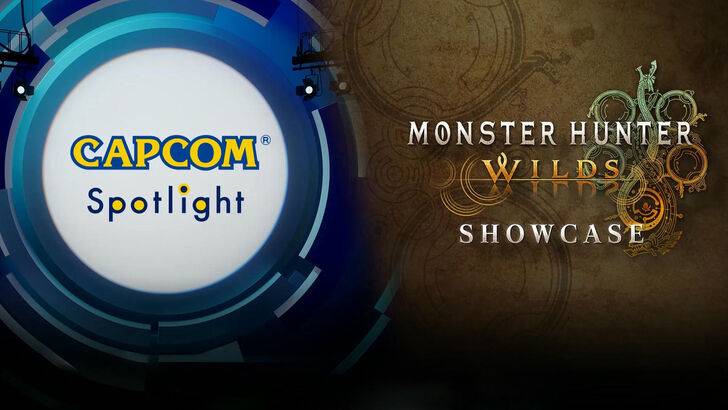
Capcom Spotlight Feb 2025 Showcases Monster Hunter Wilds, Onimusha and More
Apr 01,2025
-
Download

Portrait Sketch
Photography / 37.12M
Update: Dec 17,2024
-
Download
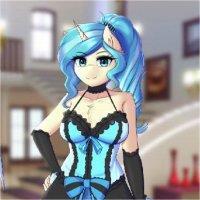
Friendship with Benefits
Casual / 150.32M
Update: Dec 13,2024
-
Download
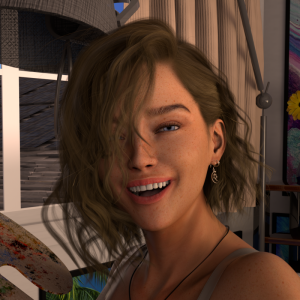
F.I.L.F. 2
Casual / 352.80M
Update: Dec 20,2024
-
4
[NSFW 18+] Sissy Trainer
-
5
Pocket Touch Simulation! for
-
6
슬롯 마카오 카지노 - 정말 재미나는 리얼 슬롯머신
-
7
Chubby Story [v1.4.2] (Localizations)
-
8
Life with a College Girl
-
9
Shuffles by Pinterest
-
10
Hunter Akuna







